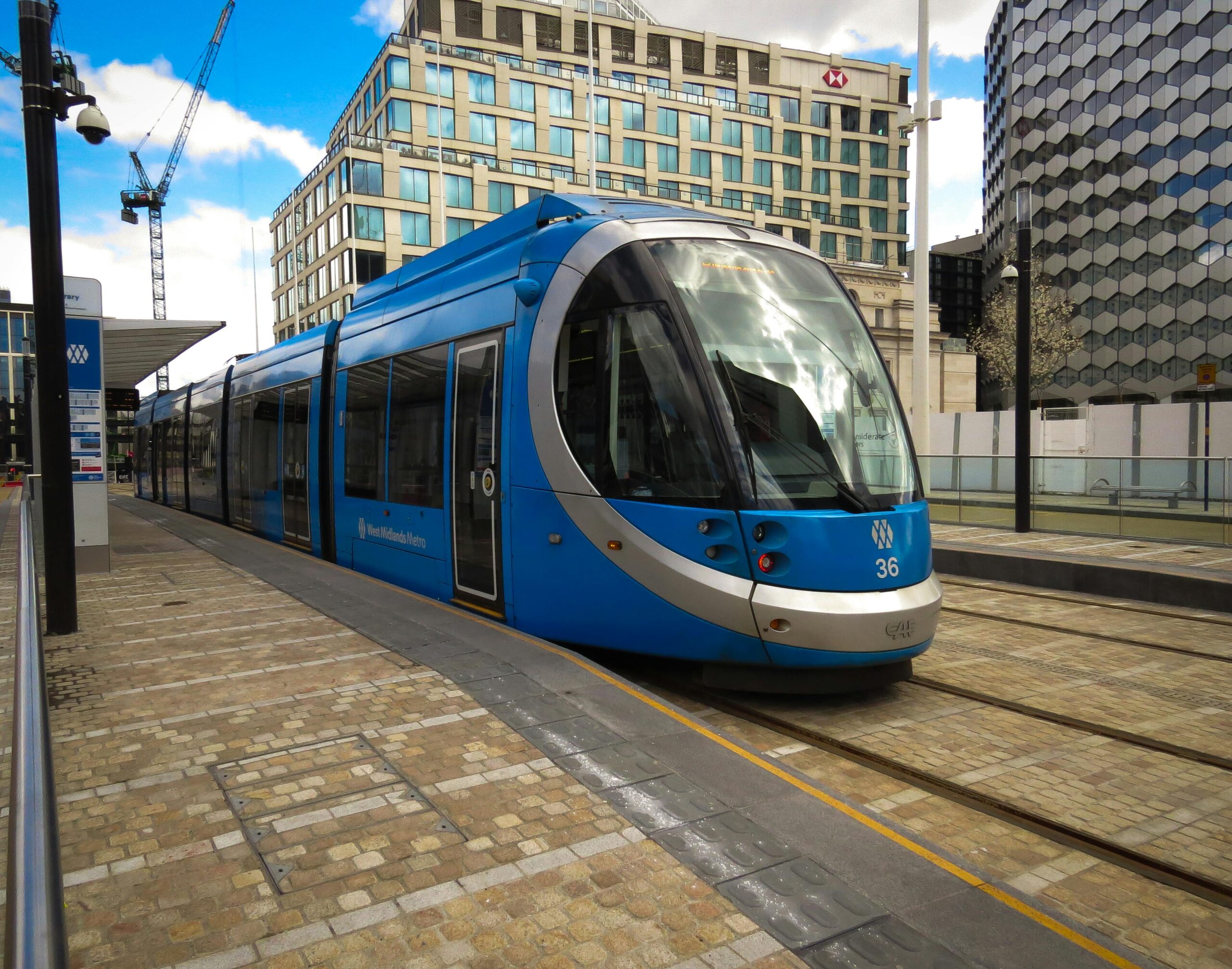Council to install 200-plus charging points across city
Credit: Andrei-Daniel Nicolae/CC BY 2.0
A network of on-street electric vehicle charging hubs will be installed across Edinburgh after the local authority’s Transport and Environment Committee approved the plans.
The network, which will be made up of 66 on-street charging points across 14 hubs, is part of the council’s electric vehicle infrastructure business case, approved in October, which proposed the implementation of 211 on-street charging points by 2023 at a cost of £3.3m.
The council says improvements to infrastructure could result in carbon savings of 7,715 tonnes and savings in nitrogen dioxide of over 14 tonnes.
The project for installing the first tranche of chargers by 2020 is being backed by a £2.2m grant from Transport Scotland.
Related content
- Only one in 60 local authorities using DfT funding pot for electric-car charging points
- ‘Running towards change’ – government uses Budget to bet big on digital and data
- London mayor Khan funds tech start-ups to help solve capital’s ‘most pressing problems’
Transport and Environment Convener, Councillor Lesley Macinnes, said: “We are leading the country with our bold, strategic approach to providing on-street electric vehicle charging infrastructure, and I’m delighted that we’re now able to move forward with the first stage of our implementation plan.
“We’ve seen an exponential rise in the popularity of electric vehicles over the last few years, and we want to see this continue. Encouraging drivers to choose environmentally friendly modes of transport over diesel or petrol cars will have a real impact on air quality so it’s essential that we provide the infrastructure to allow this.”
The local authority said charging equipment will be located on roads, rather than pavements, to reduce street clutter, and will be placed near, but not adjacent to, residential properties, to allow residents to park outside their homes.
An enforcement policy is also under development, to ensure electric vehicle bays, which will operate 24 hours a day, seven days a week, are not used for unlimited parking and are reserved for electric vehicles.
Prior to the installation phase, which is expected to last from January to December 2020, a new project board will be established, supported by the Electric Vehicle Working Group, which will meet regularly to oversee implementation, providing robust governance of the plan.



